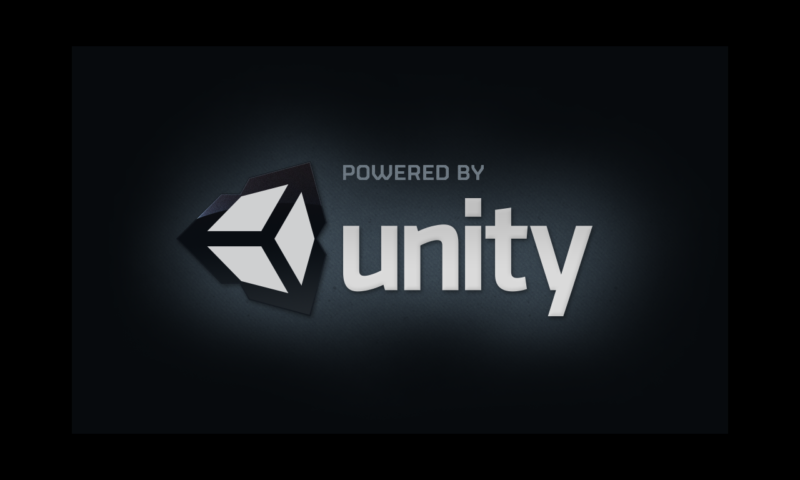
Update (Sept. 15): A Polygon report cites a statement from San Francisco police stating that the threat to the Unity offices came via social media, from “an employee” working in “an out of state location for the company.”
Original Story
Unity Technologies has temporarily closed two of its offices amid what the company says are threats to employee safety. The move follows Tuesday’s announcement of a highly controversial new fee structure for the company’s popular Unity Engine.
News of the closures started dripping out via social media this morning, with employees describing “credible threats” reported to law enforcement and “safety threats” targeting the company’s San Francisco and Austin, Texas, offices. “Surprising how far people are willing to go in today’s age,” Unity Product Manager Utsav Jamwal wrote. “Unfortunate.”
In a statement provided to multiple news outlets, a Unity spokesperson said that the company had “been made aware of a potential threat to some of our offices. We have taken immediate and proactive measures to ensure the safety of our employees, which is our top priority. We are closing our offices today and tomorrow that could be potential targets for this threat, and are fully cooperating with law enforcement on the investigation.”
A Bloomberg report confirmed that the Austin and San Francisco offices had been closed and reported that the closure had led to the cancellation of a planned employee town hall meeting led by CEO John Riccitiello.
The game development community has been overwhelmingly united in anger over Unity’s new pricing structure, which will in January start charging fees of up to $0.20 for every new install of Unity projects (including projects developed or released before the fees were announced). The sudden move comes after years of Unity proudly touting itself as the royalty-free game engine option.
Slay the Spire-maker Mega Crit captured some of the anger in its first-ever public statement, calling the new pricing structure “a violation of trust.” After two years of working on an upcoming Unity project, the company became one of many developers now vowing that it will be “migrating to a new engine unless the changes are completely reverted and [terms of service] protections are put in place.”
Garry Newman, creator of Garry’s Mod and the Unity-based Rust, also announced Wednesday that “Rust 2 definitely won’t be a Unity game,” because “Unity has shown its power. We can see what they can and are willing to do. You can’t un-ring that bell… The trust is gone.”
LinkedIn lists just over 8,000 Unity employees. The company website lists 39 offices worldwide, including 15 in North America.
https://arstechnica.com/?p=1968510

